Heart disease is the leading cause of death in women, especially for certain groups, including Hispanic and non-Hispanic Black women. Heart disease is also gender specific and develops differently for women as compared to men, making it more challenging to diagnose. Estrogen plays a significant role in prevention until menopause occurs. Heart disease after menopause, however, isn’t inevitable. Prevention is possible, starting with a commitment to certain health habits before menopause begins. This week on Fox 17, Dr. Bitner discusses how heart disease develops, the impact of estrogen, and key prevention strategies.
Heart disease can happen in arteries all over the body, typically developing around the heart, kidneys, neck, and brain. Cardiovascular disease leads to symptoms of fatigue, chest pain, and shortness of breath and can make people limit activity and miss out on years of active life.
Heart disease develops when cholesterol plaque sticks to your arteries. Arteries are blood vessels that supply tissues throughout the body with blood. When tissues do not have enough blood, they do not function properly and do not last as long. This is why cardiovascular disease leads to fatigue, chest pain, dementia, high blood pressure, kidney-related problems, leg pain, and impotence. The goal of prevention is to maintain healthy blood vessels for all organs.
For cholesterol plaques to “stick,” there must be high levels of sticky cholesterol (LDL and triglycerides) in the blood, and blood vessel linings must also be sticky. Blood vessel walls get sticky when your blood sugar is high (prediabetes and diabetes), your Vit D is too low ( less than 40), you smoke cigarettes, and for women, when your estrogen is low.
Estrogen helps prevent the development of heart disease because of its effect on insulin or sugar metabolism, kidneys, blood pressure, liver and lipid metabolism, and the health of blood vessels. As estrogen levels decrease during menopause, blood vessel walls become sticky, and cholesterol increases.
Women form heart disease differently than men. Women store plaque in blood vessel walls, whereas men store plaque in the middle of blood vessels. What does this mean for testing? With the same plaque levels, Women are five times more likely to test as “normal” on a heart dye test than men. How plaque is stored in women also leads to stiffening blood vessels instead of a blockage, which presents different symptoms. This is why many women are under-diagnosed and under-treated.
Jane was 48 years old and came in for her yearly physical. She was in late perimenopause (periods spaced more than 60 days) and was not sleeping well due to night sweats. She was more tired than usual and wanted to ensure nothing else was happening. Her older sister had heart disease diagnosed, and her only symptoms were fatigue and some shortness of breath. Jane wanted to know her risk.
We took a blood draw and found that her LDL had increased from 120 to 140. She was also prediabetic, and her waistline had expanded over the healthy limit of 35 inches or less. Jane was nervous about starting medication but wanted to understand all her options better. She decided to take a Coronary Artery Calcium Score test. Jane scored a 95, meaning she already had some buildup in the walls of her vessels. This score convinced Jane to start on preventative treatments right away! She started a statin, an estrogen and progesterone patch, and wore a continuous glucose monitor to track her blood sugar. Jane also set a daily exercise goal of 8,000 steps and created a consistent nightly routine. Her next goal is to hike in Utah for her 60th birthday. Go, Jane!
Start by deciding that you want to be one of the women who is in the know about their heart and blood vessels. Get informed and know your family history, your LDL cholesterol, your A1C, and your CAC. Don’t just sit by and be told what to do! Know what will make the most difference for YOU and take ownership of your health.
Watch the full segment.

OUR PROGRAMS
RESOURCES
CONTACT US
SUBSCRIBE